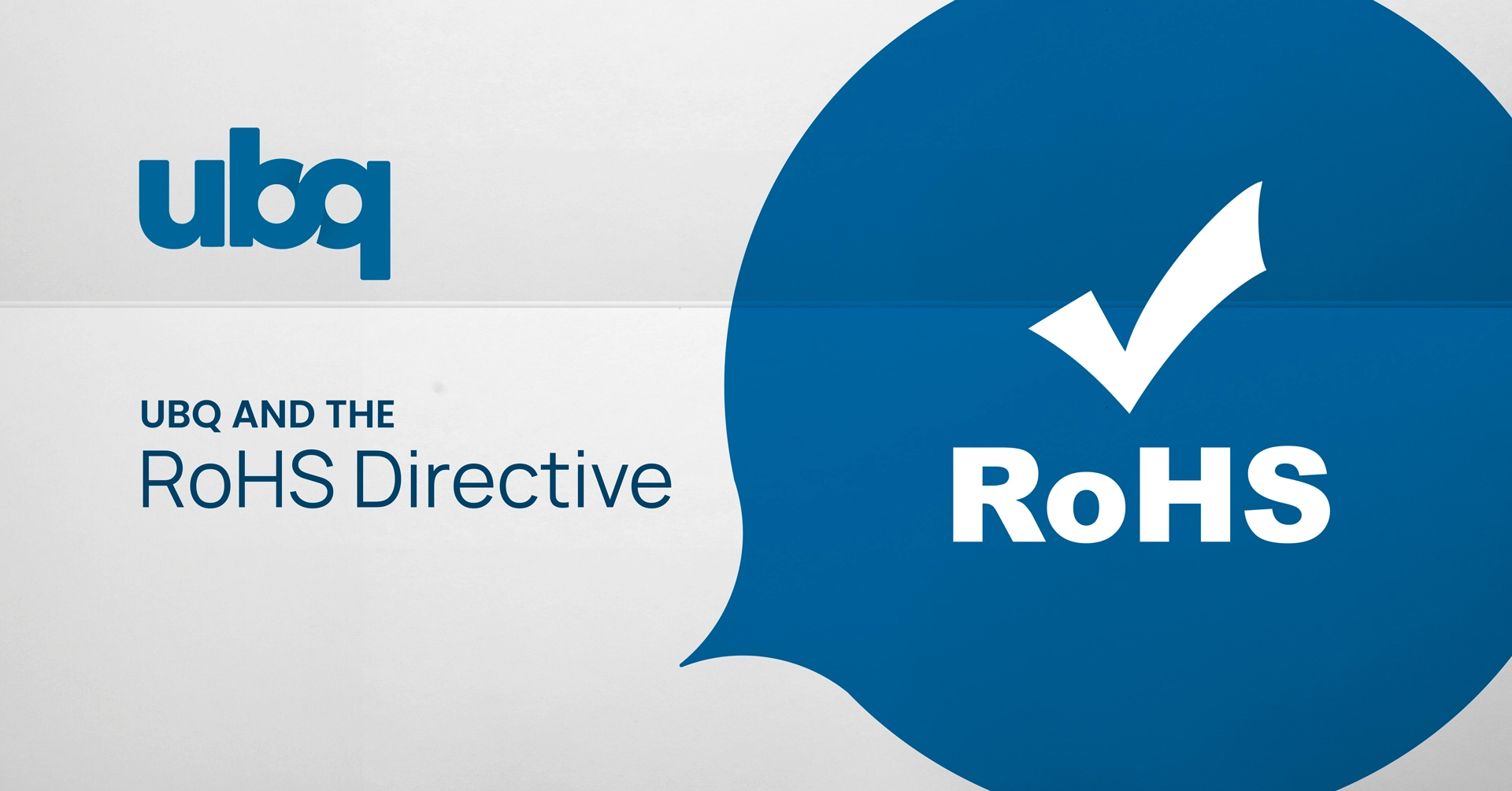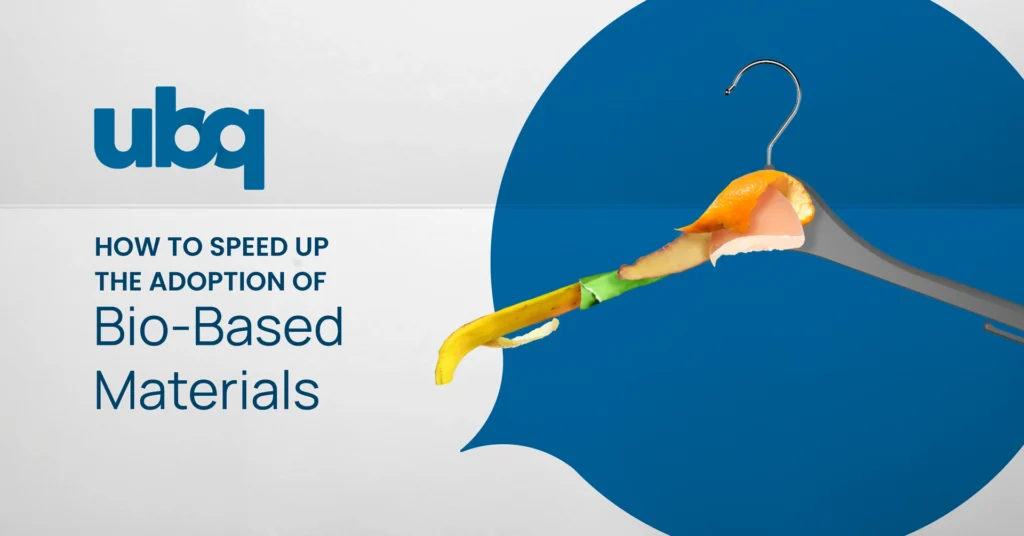UBQ Materials is at the forefront of sustainable material innovation, proudly holding 14 certifications that validate its commitment to environmental excellence and regulatory compliance. Among these prestigious certifications is the RoHS Directive, a critical standard that restricts the use of hazardous substances in electronic and electrical equipment across the European Union. This certification underscores UBQ’s dedication to not only providing a revolutionary material but also ensuring that it meets the highest global standards for safety and sustainability.
Understanding the UBQ Material
UBQ™ is a bio-based, thermoplastic composite made from mixed municipal household waste, including organics and hard-to-recycle materials. UBQ™ can be used as a material replacement or additive to conventional plastics in durable and semi-durable applications. Its usage enables companies to create more sustainable products without extracting new resources from the planet.
Overview of the RoHS Directive
The Restriction of Hazardous Substances (RoHS) Directive is a critical EU regulation aimed at reducing environmental and health risks by limiting the use of specific hazardous substances in electrical and electronic equipment. The directive, originally adopted in 2003 and subsequently updated, restricts substances such as lead, mercury, cadmium, and hexavalent chromium, which are commonly found in electronic products. The goal is to minimize the toxic impact of e-waste, which is increasingly prevalent worldwide.
Importance of Compliance with the RoHS Directive
Compliance with the RoHS Directive is crucial for any company involved in the manufacturing of electronic and electrical goods within the EU. This directive not only helps protect the environment and human health but also ensures that companies can continue to access the European market. Non-compliance can lead to significant penalties and loss of market access, making adherence to these regulations essential.
UBQ’s Compatibility with RoHS Directive
UBQ™ material is inherently designed to align with stringent environmental standards, including RoHS compliance. Since UBQ™ does not use any hazardous chemicals in its production, it is an ideal candidate for use in products that must meet RoHS requirements. This compatibility ensures that manufacturers using UBQ™ can maintain their commitment to sustainability while adhering to necessary legal frameworks.
Benefits of Using UBQ Material in RoHS-Compliant Products
Integrating UBQ™ into RoHS-compliant products offers several benefits:
- Sustainability: UBQ™ helps reduce the carbon footprint and environmental impact of products.
- Versatility: UBQ™ is compatible with existing processes, polymers, and equipment.
- Regulatory Compliance: By using a material that aligns with RoHS standards, manufacturers can streamline their compliance processes and reduce the risk of non-compliance.
Application of UBQ Material in Various Industries
UBQ™ is used across multiple industries, including consumer durables, automotive, building and construction, retail, and logistics and supply chain. Its ability to meet RoHS standards without compromising on performance makes it a preferred choice for companies looking to produce environmentally responsible products. For instance, automotive manufacturers can use UBQ™ in non-structural components, contributing to greener vehicles.
Challenges and Considerations for Implementing the RoHS Directive with UBQ
While UBQ™ aligns well with RoHS requirements, manufacturers need to consider the broader implications of integrating new materials into their production processes. This includes ensuring that all components, not just the base materials, meet the stringent thresholds for hazardous substances. Continuous monitoring and testing are essential to maintain compliance throughout the product lifecycle.
RoHS directive is periodically updated by the European Chemical Agency (ECHA), with the latest amendment published on July 1, 2023. UBQ™ material has been tested by third-party labs according to this amendment, confirming that our material does not contain any of the RoHS-restricted substances above the maximum concentration values allowed by RoHS standards.
Case Studies: Successful Implementation of UBQ and RoHS Compliance
Leading global brands, like Mercedes-Benz, have successfully integrated UBQ™ into their products, demonstrating its compatibility with both sustainability goals and regulatory standards like RoHS. This case study highlights how UBQ™ can be effectively used in diverse applications, contributing to both environmental and compliance objectives.
Future Prospects and Developments for UBQ and RoHS Compliance
As regulations like RoHS continue to evolve, UBQ Materials is well-positioned to lead in sustainable material innovation. The company’s commitment to meeting and exceeding regulatory standards ensures that UBQ™ will remain a valuable resource for manufacturers striving to reduce their environmental impact while complying with international directives.
UBQ Materials is not only meeting the demands of today’s regulatory environment but is also paving the way for future advancements in sustainable manufacturing. By aligning its revolutionary material with RoHS and other global standards, UBQ is setting a new benchmark for environmental responsibility in the industry.


